The Entrepreneurial Accountant: The journey to going solo
How to help your clients achieve their dreams
27 April, 2023
Boddice Accounting founder Vicki Boddice shares top tips to help you in your bid to support your clients as they aim to reach their goals.
What goals do your clients have?
What are their dreams?
And how can you help them reach those goals and dreams?
Vicki Boddice is the founder of Boddice Accounting. In this episode, she shares some top tips to help you in this area.
Check out what she has to say about GoCardless being a gamechanger, how to adopt fixed pricing for the first time, and much more.
Here’s what they cover:
- Falling out of love with accounting… and falling in love again
- Getting to know your clients via the onboarding process
- How accountants can support their clients
- Becoming a trusted adviser to clients
Falling out of love with accounting… and falling in love again
Mike Psaras
Welcome to the Entrepreneurial Accountant. Today, we are joined today by Vicki Boddice of Boddice Accounting. Welcome to the show. How are you?
Vicki Boddice
I’m great, thank you. Thanks for inviting me on.
Mike Psaras
It’s a pleasure to have you. Before we get started with all of the dreams and the accountants and all of that kind of stuff, tell us a little bit about your business, how you got to where you are, and what you’re doing now.
Vicki Boddice
So, I’ve been up and running with my own business for just over a year now.
I have been in the finance industry and accounting industry since the early 2000s, which is far too long ago to count up the number of years.
But I’ve worked for a number of big firms, had kind of fallen out of love with the profession. Took time out just because my mental health needed me to, and realised that I did actually miss it.
So, I had to look at how could I do accounting in a way that felt right for me, and a way that I would enjoy and that would benefit other folk, and set up Boddice Accounting in June last year.
So, yes, it’s been an incredibly wild ride.
Certainly, my kind of take on accountancy and kind of my patter, as we would say up here, it really does seem to speak to people.
And I think I went from about 10 clients in December to – at the end of June, we hit 75. So, it has been an incredible journey for the last year.
Getting to know your clients via the onboarding process
Mike Psaras
Amazing. And so, loads and loads of onboarding of clients which is time-consuming. It’s really important to the process and important to having a long and successful relationship with your clients.
So, I cannot imagine how busy you’ve been doing all of that because taking on just a few clients at a time is really, really tough, never mind that amount.
So, today, we’re obviously talking about helping our clients achieve their ambitions and stuff. From my experience, that sort of starts at that onboarding process.
Do you have a way of eking those things out of your clients?
Vicki Boddice
The way that I start off the onboarding process is I do have a kind of unlimited-time call with the potential client, or if they’re in central Scotland, we’ll meet up for a coffee or something like that.
I think my record was a two-hour coffee meeting for somebody who just wanted to chat.
And a fantastic person, a fantastic client, but it’s having that time and not feeling rushed, which I think it’s very important at the start of any relationship that people don’t feel that you’re clock-watching.
And going, “Yes, I want to know about your dreams, but can you tell me in five minutes or under.”
So, that’s part of what we do.
But it’s a very open and honest chat, find out about them, their family life, what they’re up to, what they like doing. And not necessarily focusing on the business to start with.
Because quite often, I find that the way to get to their dreams and what really is underpinning everything that they do isn’t to do with the business at all.
It’s they want something for their family, or they’ve always wanted to, I don’t know, go to Australia and they want to be able to have a business that they can do from anywhere in the world.
And that comes out of just general chat rather than if you say, “What are your dreams for the business?”
Getting things like, “Oh, well, I want turnover of a million pounds in three years.”
And that isn’t actually the crux of any business.
Yes, we all love money, but that generally isn’t the ultimate driving factor for most people. It’s just having a chat.
And if it doesn’t come up in general conversation then I will kind of go, “So, what actually are you aiming to do? Where do you want to be in a year? Where do you want to be in three years?”
And making sure that I do push a wee bit further so that it isn’t just those financial figures, or I want to have employees, or have my own office, things like that.
It’s getting behind the business.
Mike Psaras
Absolutely, I couldn’t agree more.
And I think when people approach an accountant, they feel like they have to talk about those things, like those metrics that they’re looking for, those KPIs (key performance indicators) that they want to achieve.
And as you say, work and the business is just one part of helping them achieve everything else that they want in life.
So, why do we never talk about those things?
And I can’t imagine how much that does for your relationship with the client, just approaching it from a really, really personal human level rather than from a “What do we want?”
Vicki Boddice
And I would say the actual accounting process, bank reconciliations, how you match up transactions, that’s going to be pretty much the same across the board.
It’s the personality, and the support, and the relationship that’s where you’re really going to stand out for clients.
How accountants can support their clients
Mike Psaras
Yes, definitely. And so, what a lovely time to be an accountant where all the work that you’re doing is part of it, but there’s so much more to it and you can show off your personality, your creativity, and all that kind of stuff.
So, I think you’re absolutely right. That’s what it’s all about.
And in talking about all of these things about ambitions, and how we can help with them.
I think it might come across a bit woo-woo to certain accountants, and also probably certain clients that we can help you achieve these things, which are so personal and so private sometimes.
So, I just wanted to speak a little bit about how accountants can go about supporting their clients, and what are the sorts of things that you think we can do to help them.
Vicki Boddice
And I think we’re in an incredible position to help people. And help people across the board, not just necessarily in their business accounts.
Because I’m having these conversations regularly with people, especially just now, concerns about things like energy prices, these things come up.
And if you can start offering suggestions or ideas, build that trust, and then that helps you, again, find out a bit more about what’s going on behind the scenes.
In terms of how we can really show that we can push people towards these, but when people feel in control of the business, and when they feel that things are being managed well, they have that mind space to think about the other things.
And it also frees them up to drive the business forward.
So, one thing that certainly I generally do is if sales figures have been static for a couple of months, let’s look at why.
Why have they been static? What haven’t you had time to do that you were doing before? And it’s not just about, “Oh, yes, and these are the figures.”
It’s, “Well, what’s caused those figures?”
Mike Psaras
I don’t know if you get any of these, but I really like scenario planning and back-of-an-envelope calculations.
Do you do that with your clients at all?
Vicki Boddice
When we’re chatting, if something crops up, you want to seize on what’s being said.
You don’t want to always be doing the “let me go and have a think about that and come back to you with ideas”.
If you can start – I hate using buzzwords – but brainstorm with them and scribble down some ideas and work out. It can be things like should they outsource something or bring in an employee.
If you can quickly tote up the figures, then you say, “Well, yes, roughly, I think this is what it would be,” then they’ve got an idea that they either totally dismiss one route, or they’d go and investigate that a bit further.
We very much enjoy doing the future planning.
Where are we going to go? What’s going to happen?
And yes, just being able to think off the cuff is far more enjoyable than if you’re just sitting there going, “And your turnover was this, and your gross profit turned out to be that which was down from last month.”
Nobody wants to have that conversation.
Mike Psaras
Definitely. I think part of that is maybe we’re moving away from this real professional – don’t want to put a step wrong, and oh my god, our client is going to sue me if I tell them that this is this, and actually it’s different, or whatever.
Obviously, we have to be mindful of all these things. We can’t go around just saying rubbish.
But at the same time, we have to be a sounding board for them, and just being open about ideas and conversations, and not, as you say, going away and coming back with some really vague answer or, yes, it’s a good idea.
Really getting deep into what is the issue there and then, I think that’s amazing. And I think that’s what we should already be doing.
So, to anybody who is out there who’s not doing that. Go do that, don’t worry. If you have a nice, good relationship with your client, and an open and honest relationship with them, I just can’t see how that’s going to go wrong.
Vicki Boddice
I think what you touched on there, people are worried about giving the wrong advice. When you’re having these conversations, you’re not telling them what to do.
And half the time, you’re not actually even advising. You’re guiding. You’re giving information.
It’s not something that you are saying, “If you do this, your business will be more successful.”
Becoming a trusted adviser to clients
Mike Psaras
To kind of lead on from that, how and why did the accountant become more than just the numbers person and become this partner that’s so involved in a business?
It seems to have just happened.
But I’m trying to just take a few steps back and think why. Do you have any thoughts on that?
Vicki Boddice
It’s actually something I’ve been thinking about quite a lot because I did used to present myself as one of the new style of accountants.
And then when I was – I should caveat by saying that my dad was a chartered accountant for many years before he retired – when I was giving him a bit of my sales chat, I could just see him looking.
When we got into what that look was about, it was, “Well, actually, go back 30, 40 years and the accountant was a trusted business adviser.”
And I think there was a shift during the 80s and 90s away – and I think it partly was due to people being worried about giving softer advice.
But that drive went from being somebody who was proactive, that offered suggestions, and went in behind the figures to being, “Here are the figures, this is what your business is doing, and can I have my fee, please.”
And I think we’ve kind of gone almost full circle now that we’re now back where people say, “Well, okay, yes, I’ve got those facts and figures, I still am no further forward on what is actually going on with my business.”
And people hate to seem daft.
They don’t want to ask the questions of, “Okay, that’s great, but what is a gross profit margin?” They don’t want to be asking things that they think they should know.
Now, if you didn’t study accounting and you haven’t done accounting or bookkeeping or anything like that before you set up your business, why are you going to suddenly know all of these things and terms once you’ve set it up?
It makes no sense.
Mike Psaras
I like what you’ve touched on about educating the clients and our role to actually help them understand what all of these numbers mean is huge for them because that’s not something – as you say, if you haven’t been to accountancy school or anything like that, why would you know what these things mean?
And just giving them a little bit of guidance so that the next time they look at, “Oh, that’s gross profit, okay, well, if I look at sales and divide one by the other, then that’s my margin.
Okay, I understand percentages. Okay, cool. I’ll just start looking at that every time I look at my management accounts.”
You’ve just gone and taught somebody something that they can use for the rest of their time as a business owner, which is lovely, and you just go from there and slowly build and build.
Because there is no sort of licence that you need to be a business owner or anything like that.
You literally just go to Companies House, and you say, “I want to have a limited company or be self-employed,” with absolutely no idea what you have to do, what’s involved.
Vicki Boddice
We’ve all been in the situation where we’ve sat in a meeting and we’ve been told stuff, and we’ve gone, “Hm-hm, yes, okay, got it.”
And you walk out, and you turn to the person you went with and go, “What? Did you understand anything that they just said?”
That should never be somebody’s experience when it’s their own business that you’ve been talking about.
Mike Psaras
It’s changing a little bit more and why we are becoming more invested is maybe it’s more difficult to succeed in today’s economy than it was 10, 20 years ago.
Vicki Boddice
I think it probably partly is, but the other shift that has been fairly recent in the accounting industry is the move from hourly rates to fixed monthly rates.
As their business grows, then the monthly fee will increase.
So, for an accountancy firm to end up being very successful, if you can take a company from a small startup company right up until a really successful business, and you’ve built that relationship from that starting point, they’re going to trust you.
You’ve got a great relationship. They know they’re getting value for money even if those fees have gone up.
It’s a better way to cement those relationships, because they know that they’re not being gouged for fees.
Mike Psaras
Usually, if you have a really good onboarding process and a good way of – also like a referrals process to a certain extent.
If you’re able to attract the clients that you feel that you can work with, then your client turnover is going to be low.
Once you know a business, I think your economies of scale, if you want to put it that way, your efficiencies just go through the roof over a number of years.
And therefore, if you want to look at it like your margin on the client just gets better and better as the years go on.
Vicki Boddice
Absolutely.
Mike Psaras
That’s kind of what I’ve found. That’s why we try to keep them.
Vicki Boddice
Absolutely, yes.
Mike Psaras
To make sure you catch every episode, subscribe to the channel, or sign up to the Sage Advice newsletter at the bottom of the page.
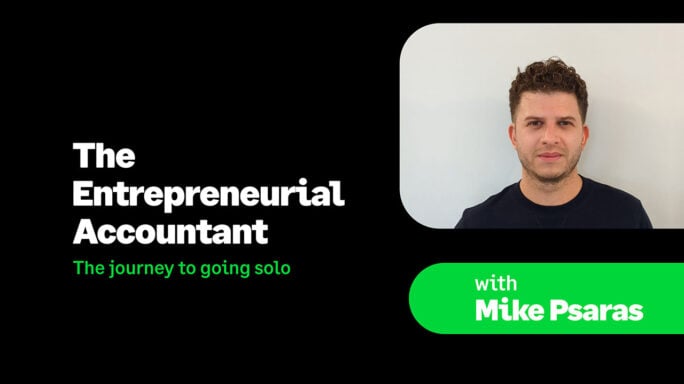
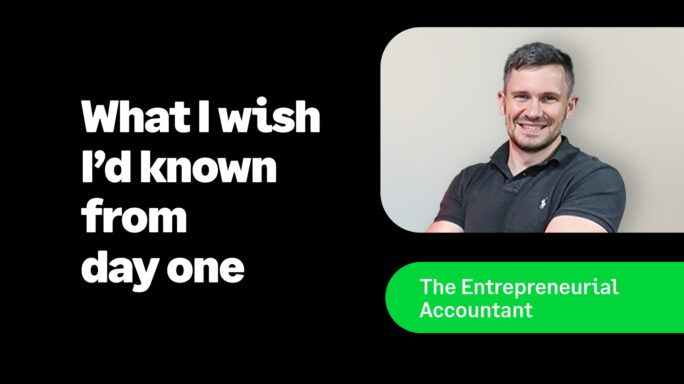
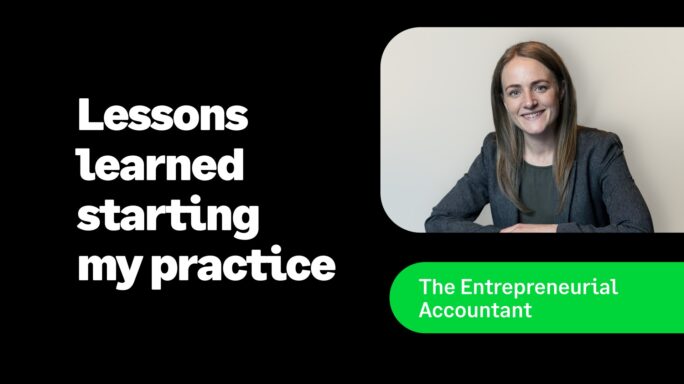
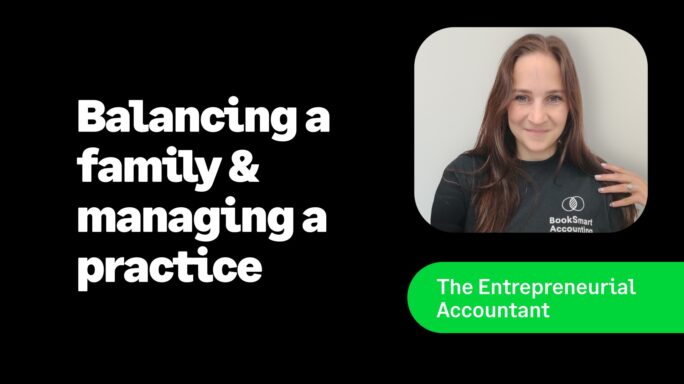
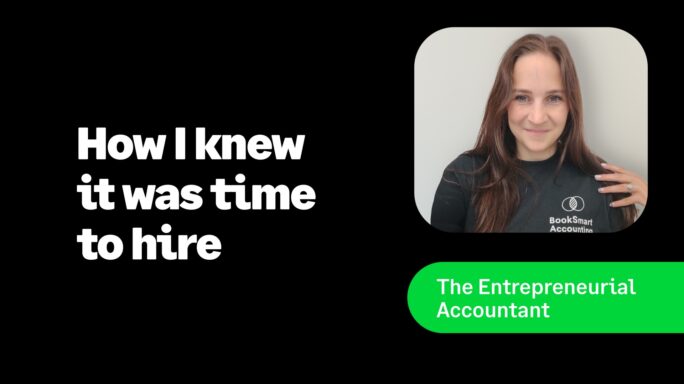
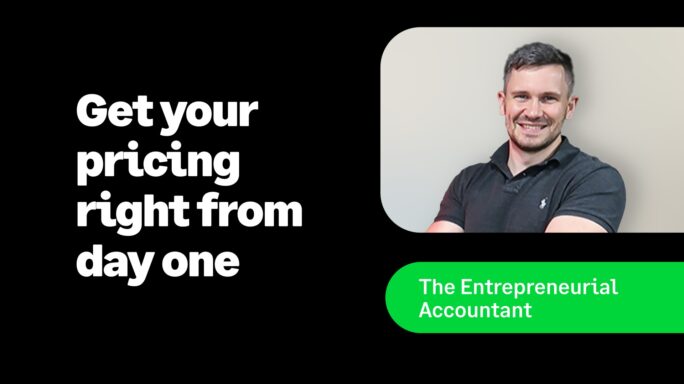
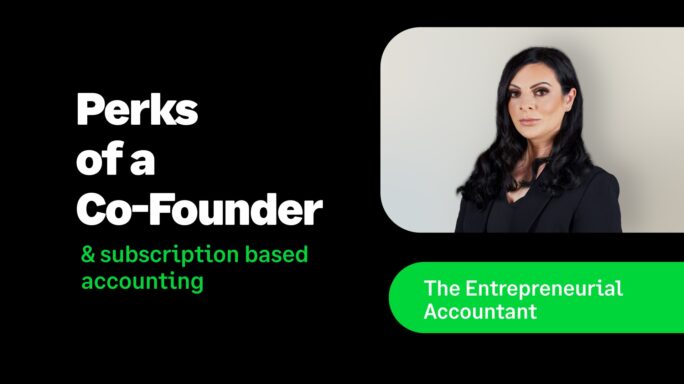
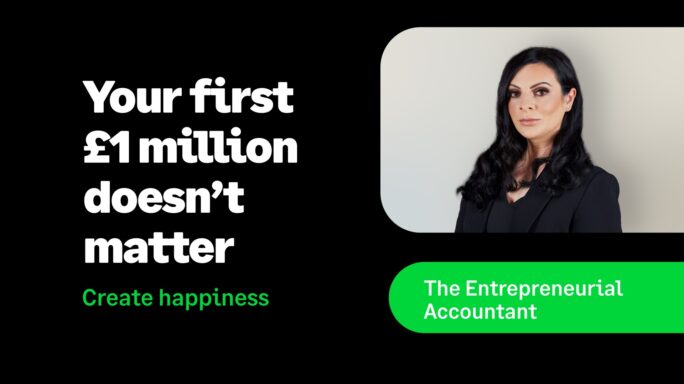
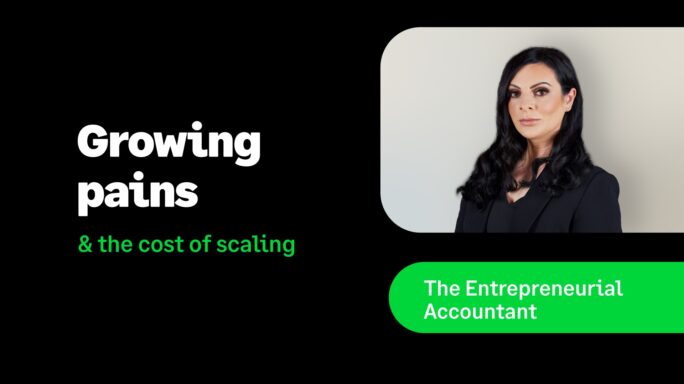
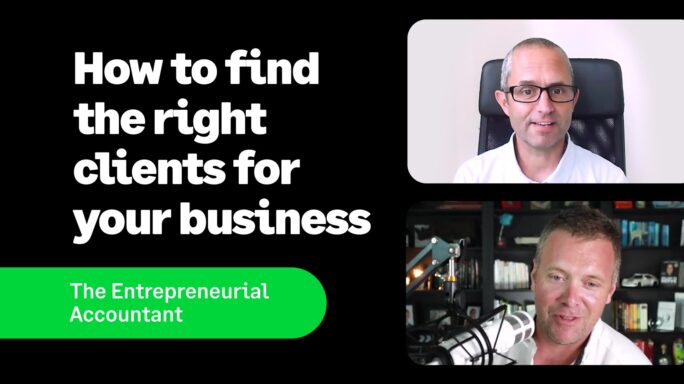
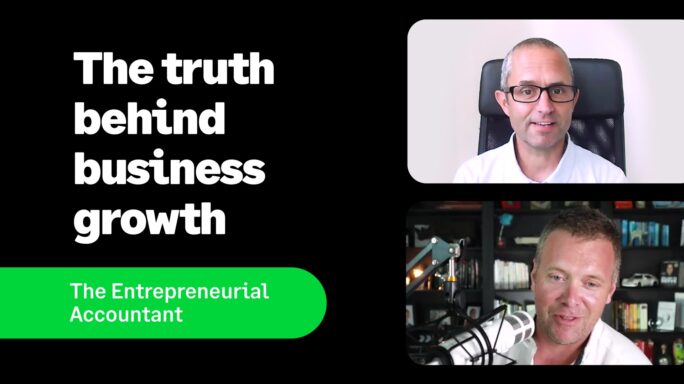
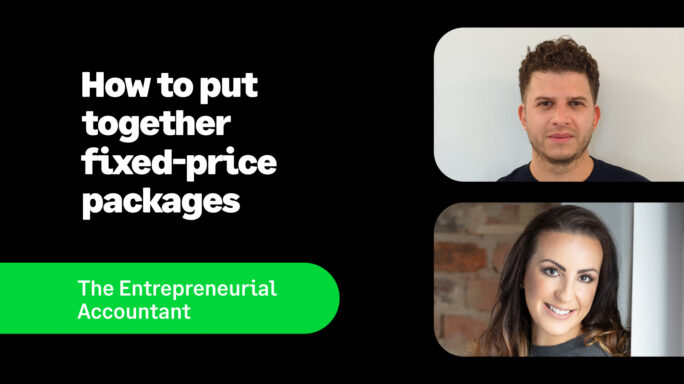
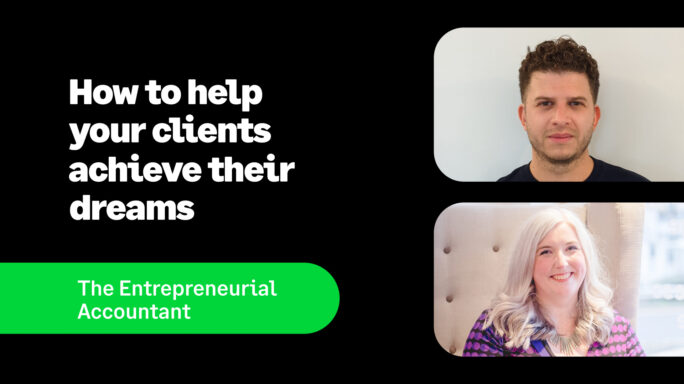
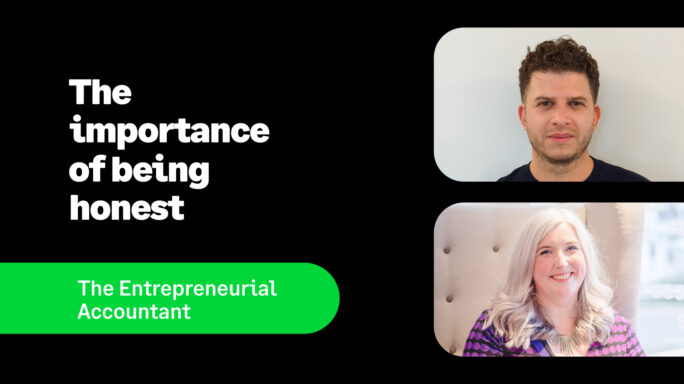
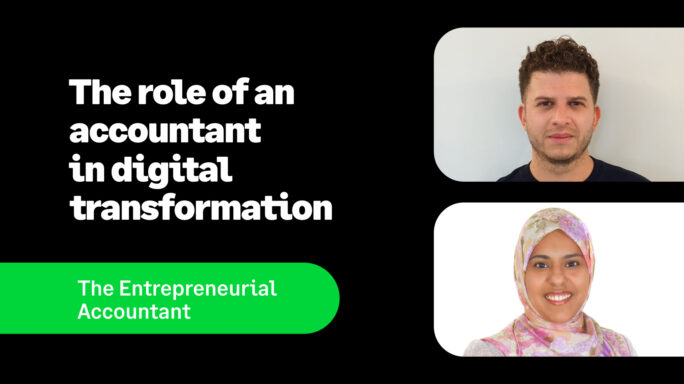
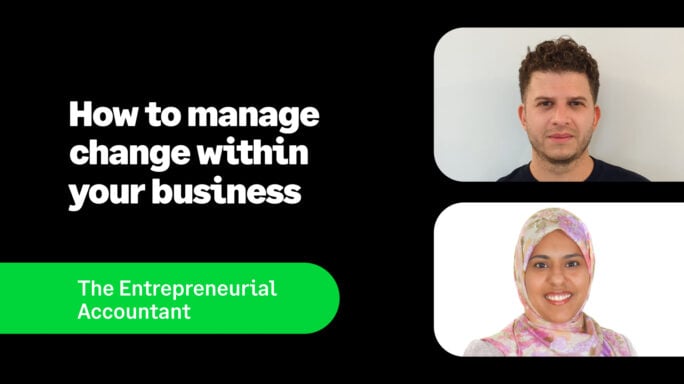
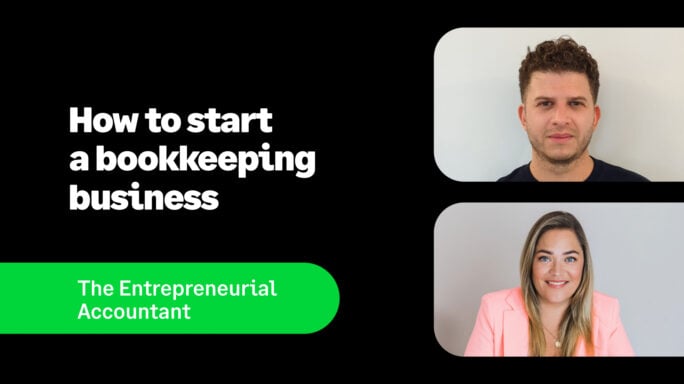
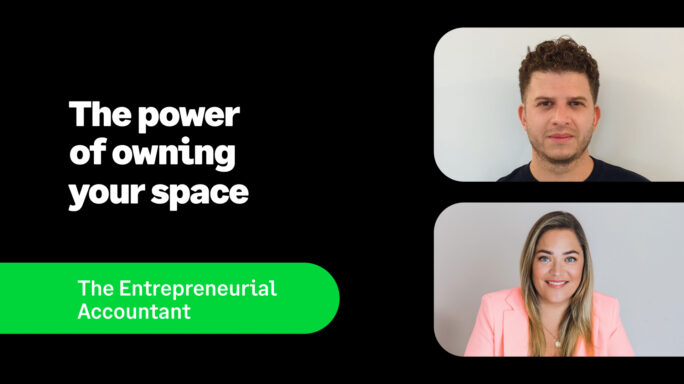







Comment below